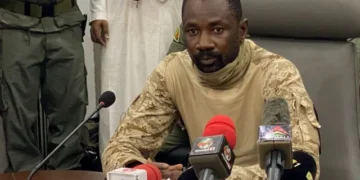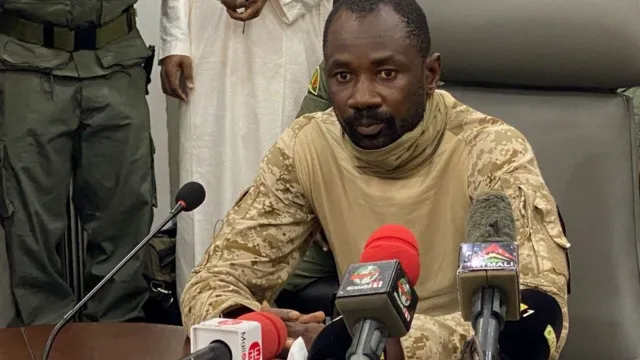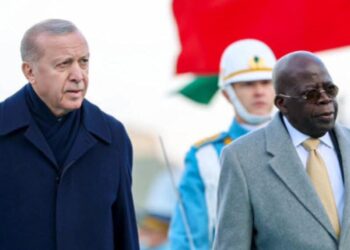By Ebi Kesiena
Mali’s military ruler, General Assimi Goïta, has secured support from key political allies to remain in power for the next five years, extending his presidency until 2030, despite earlier promises to return the country to democratic rule.
Goïta, who has led two coups since 2020, was appointed transitional president following his second seizure of power in 2021. At the time, he pledged to hold elections the following year. However, that commitment has since been abandoned, further derailing hopes for a democratic transition in the West African nation.
A national dialogue convened by the military regime last week, boycotted by several major opposition parties recommended extending Goïta’s tenure and suspending all electoral processes until lasting peace is achieved. A report from the conference, seen by AFP, concluded that elections should not be held while the country remains mired in conflict.
The recommendation has not yet been formally endorsed by Goïta himself, but observers say the conference appeared designed to legitimise his continued rule. Opposition figures have criticised the move, with prominent leader Mohamed Salia Touré warning that dismantling the multi-party system would be a “historic error”.
Goïta, who was a colonel at the time of his first coup in August 2020, ousted then-President Ibrahim Boubacar Keïta amid mass protests over corruption and a worsening jihadist insurgency. He initially ceded leadership to a civilian-led transitional government under pressure from the regional bloc ECOWAS, which demanded a return to constitutional rule. But in May 2021, dissatisfied with the civilian government’s direction, he launched a second coup and reassumed control.
Since then, Goïta has positioned Mali alongside the military juntas in Burkina Faso and Niger, forging closer ties with Russia while severing longstanding military and diplomatic relations with France, the former colonial power. All three nations have now withdrawn from ECOWAS in defiance of the bloc’s demands to restore democratic governance.
As insecurity and jihadist violence continue to plague the region, fuelled by groups linked to al-Qaeda and the Islamic State, Goïta’s regime has prioritised military cooperation with its new allies over electoral reforms.
In 2023, Goïta was promoted to the rank of five-star general, further consolidating his authority amid Mali’s ongoing political uncertainty.



































